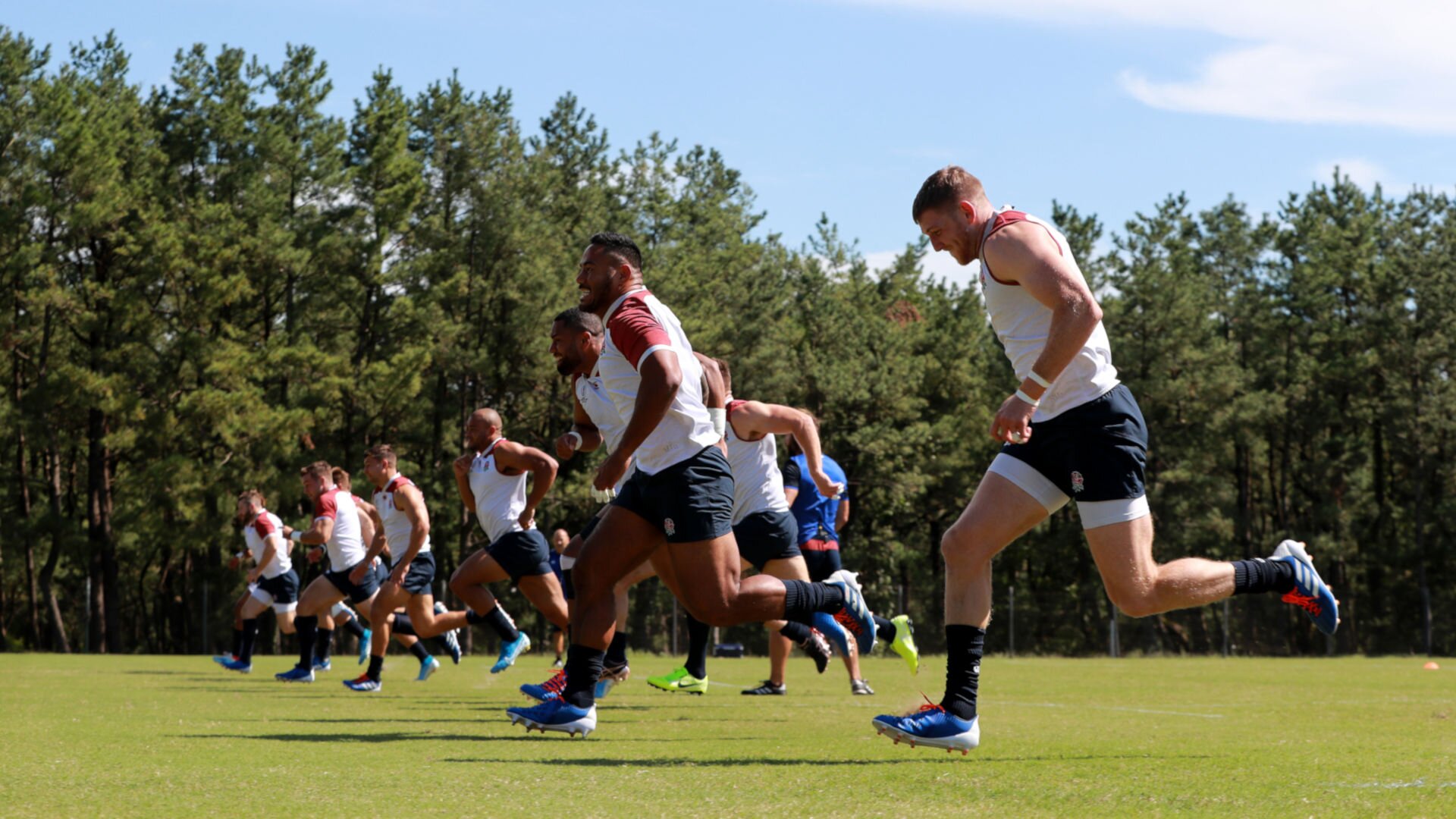Bigger squads and more rest days - New player welfare principles announced for 2023 World Cup

World Rugby have announced a new set of player welfare principles to be implemented for the 2023 Rugby World Cup. The measures have been introduced following discussions between the Rugby World Cup Board, the World Rugby Executive Committee, the France 2023 organising committee and International Rugby Players representatives.
The new measures will see all teams have at least five rest days before fixtures, in a bid to aid recovery and preparation. As a result, the pool phase will be extended by a week. The tournament will now kick-off on September 8 2023, with the final taking place on October 28.
Squad sizes will also be increased from 31 to 33 players, while overall travel volume and time will be minimised for the competing teams.
The full fixture schedule is due to be released later this month.
World Rugby Chairman Sir Bill Beaumont said: “This is a landmark day for Rugby World Cup and the sport. As a rugby father, former player, fan and administrator, player welfare is at the very top of my agenda.
“This continued focus for a player-first decision reflects that commitment.
“Men’s Rugby World Cup schedules are difficult to balance owing to the format of four pools of five teams.
“Japan 2019 provided the best balance and best-ever welfare outcomes, but we still had a limited number of relatively short rest periods between some matches.
“In collaboration with France 2023 and International Rugby Players, this decision means that every player and every team will have a fairer chance to perform to their potential in every fixture, and now we will work with the teams to reduce overall load for players. Including travel.”
Former Ireland captain, Brian O’Driscoll, International Rugby Players representative on the Rugby World Cup Board, added: “The game has become too physical and competitive for short turnarounds.
“All teams have found it tough, particularly those without the squad depth of the major nations.
“This is a positive step forward for the game and further demonstration of how International Rugby Players and World Rugby can work together towards better outcomes.”



































































